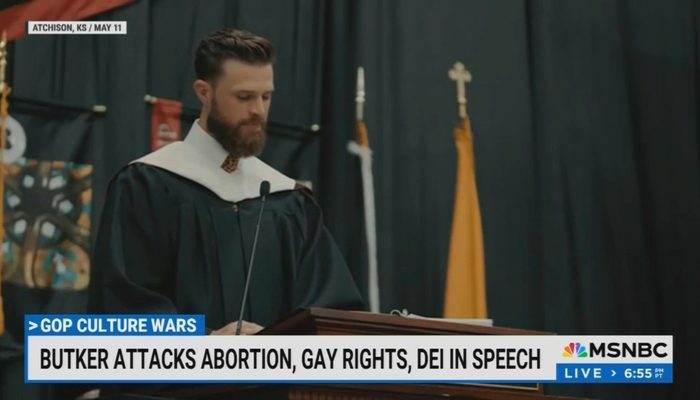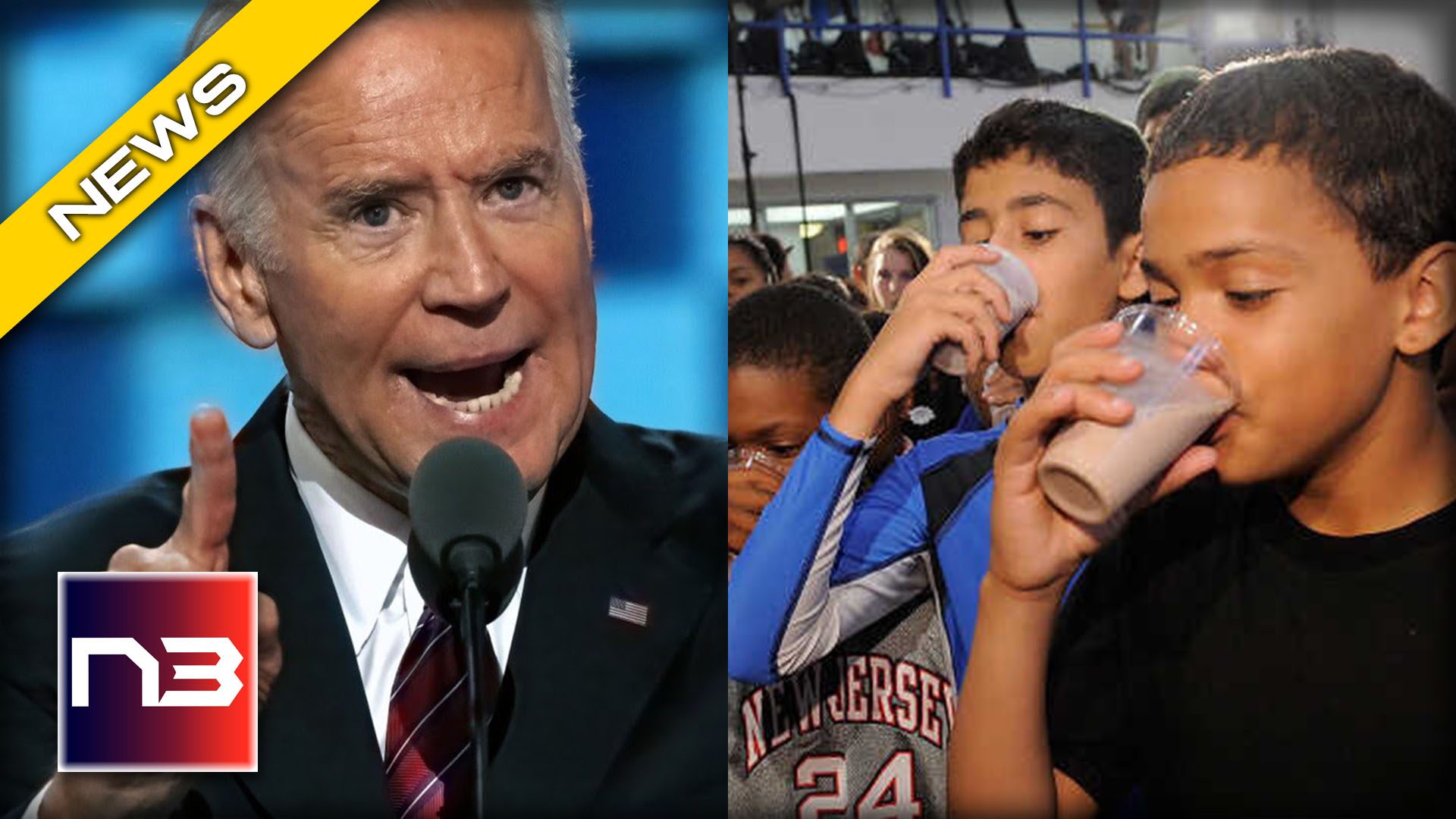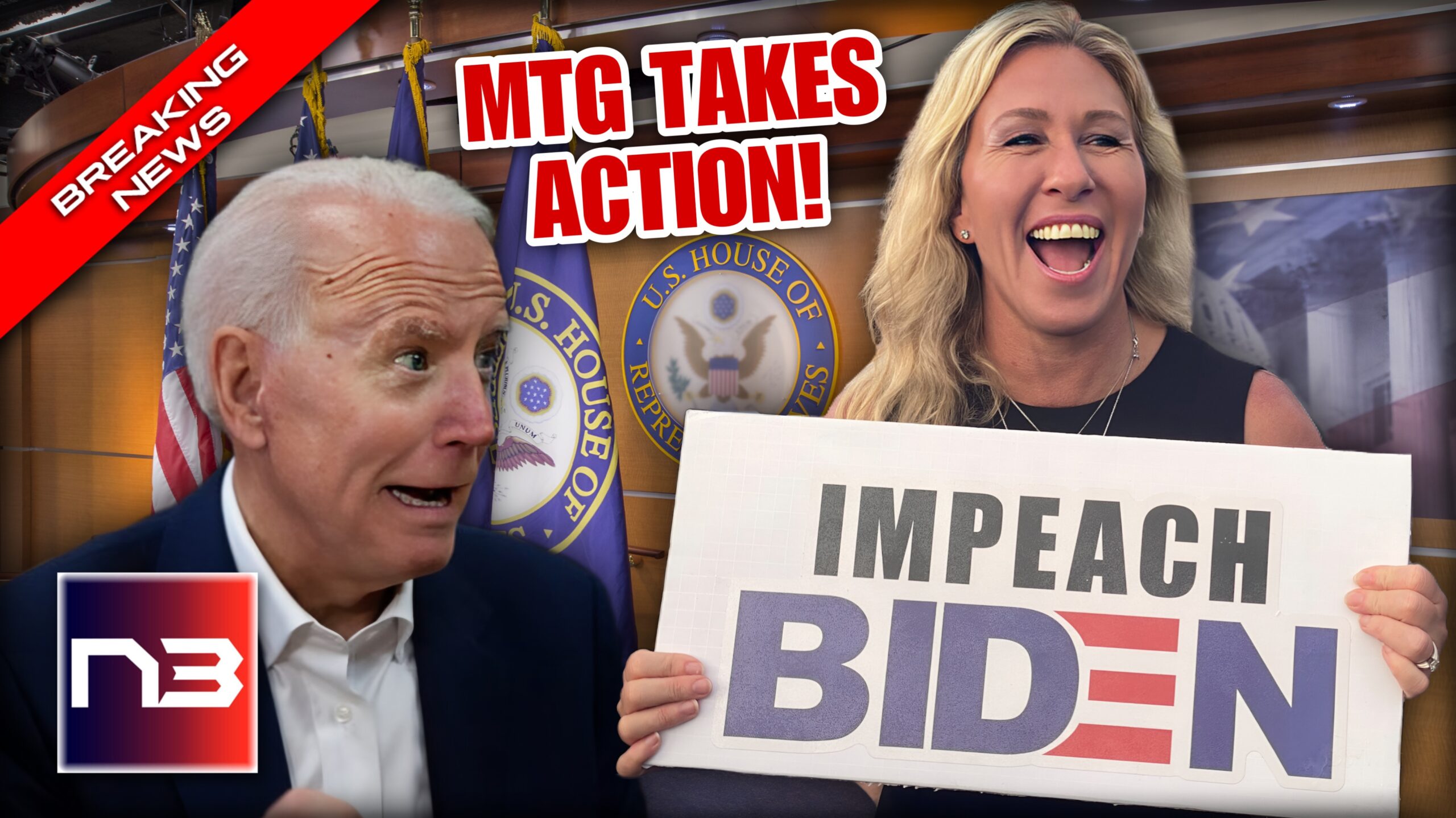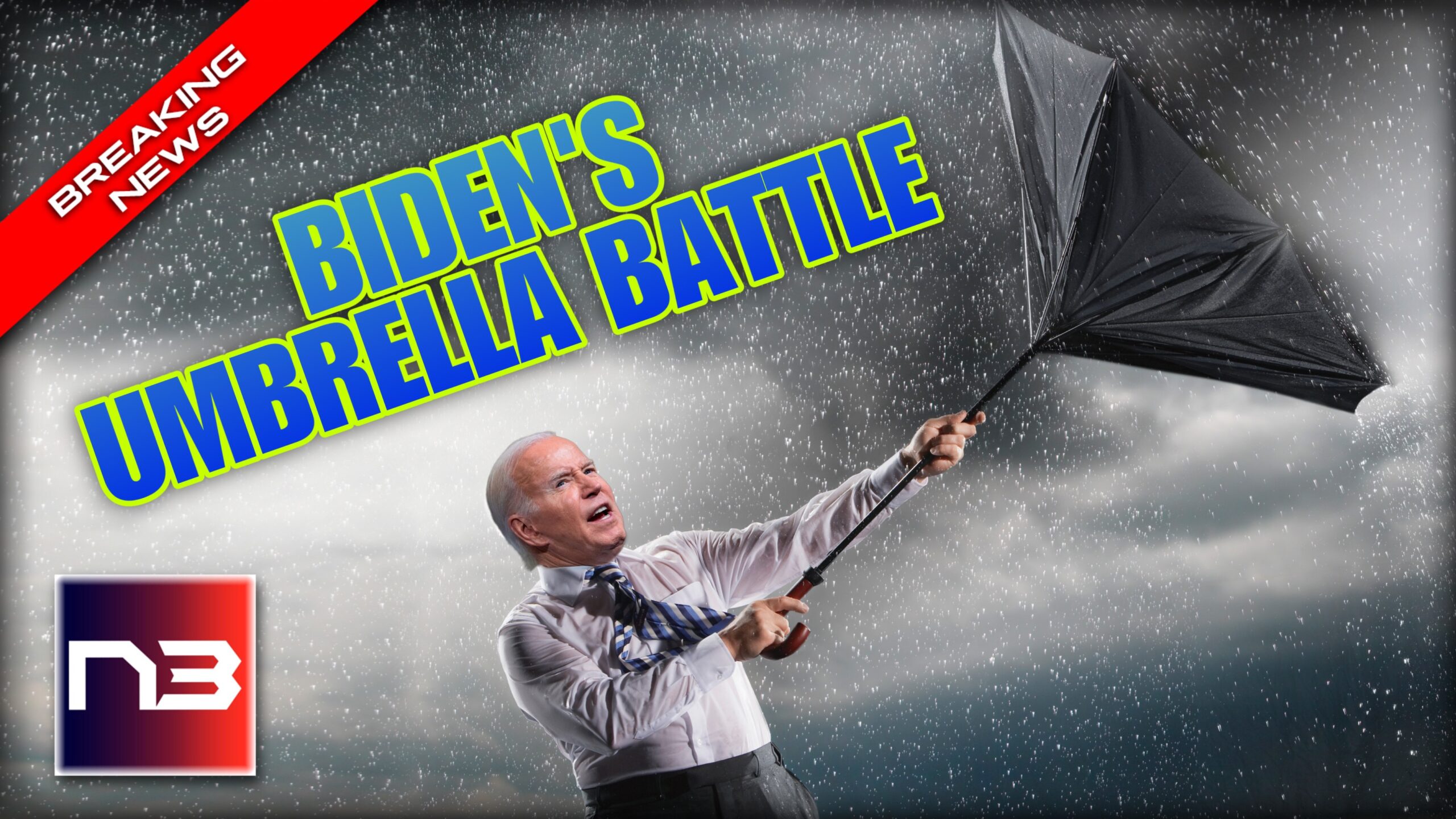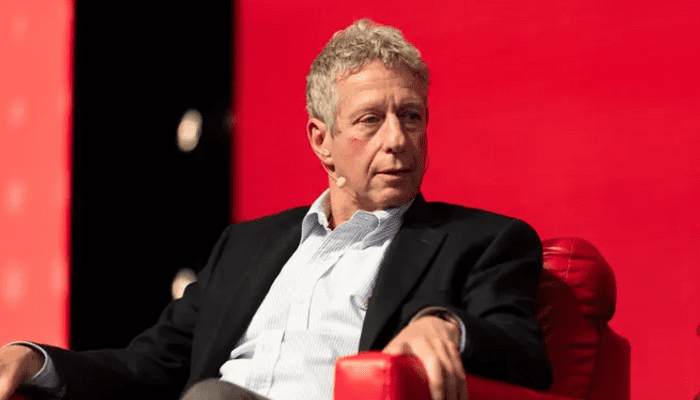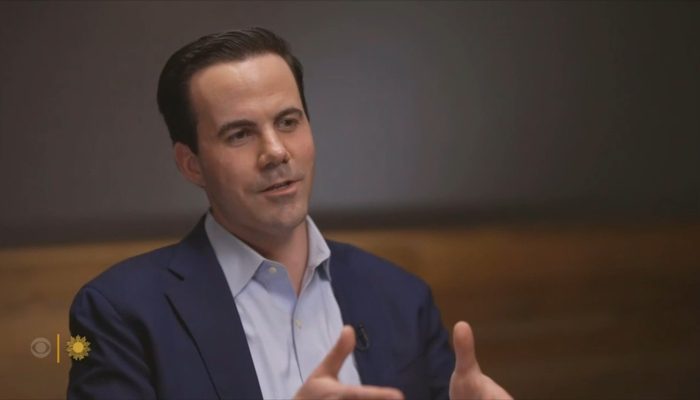Chaos and confusion prevailed as this year’s London Pride Parade turned into an unexpected battleground. As if scripted for a movie, climate activists, parading under the banner of the Just Stop Oil group, decided to derail the celebrations, protesting against the parade’s sponsor, Coca-Cola. The unlikely scenario unfolded with activists splashing paint on Coca-Cola’s float, transforming the celebratory event into a chaotic scene, and forcing us to question: When did Pride become the stage for such discord?
This Sunday marked a bizarre turn of events, as London’s Pride Parade became a theatre of climate activism. Typically a celebration of love, equality and the LGBTQ+ community, this year’s parade took a radical turn when members of Just Stop Oil decided to express their eco-activism on a new stage. Dressed in typical Pride flamboyance but donning the symbols of their cause, they converged on the parade with a different kind of protest in mind.
Climate terrorists vs gender occultists.
— Citizen Free Press (@CitizenFreePres) July 1, 2023
The clash we've been waiting for. pic.twitter.com/Xc62nbxVDN
The group targeted the parade’s key sponsor, Coca-Cola, accusing them of environmental pollution and rampant human rights abuses. As the Coca-Cola float approached, the climate activists made their move, dousing it in a vibrant mix of pink and black paint. Confusion reigned as the parade came to a grinding halt, the usually celebratory atmosphere turned tense.
In a statement released by Just Stop Oil, the group declared their actions were in response to Pride in London’s refusal to condemn new oil and gas licenses. They argued that such industries would lead to societal collapse, disproportionately impacting marginalized communities like the LGBTQ+.
Their statement read, “Pride is a protest. But Pride in London allows destructive industries such as Coca-Cola, who are the world’s biggest plastic polluter and who have been accused of numerous human rights abuses, to co-opt it and pinkwash themselves.”
Just Stop Oil’s protest can be seen as an illustration of the growing trend of intersectionality within activist movements. Intersectionality, a term coined by Kimberlé Crenshaw in 1989, refers to the interconnected nature of social categorizations such as race, class, and gender, and how these overlapping identities can lead to unique forms of oppression. The protesters at Pride appear to be extending this concept to include the fight against climate change.
However, this incident raises serious questions about the appropriateness of the platform chosen by the protesters. While Pride has always been inherently political – born out of the Stonewall riots in 1969 – it is fundamentally a celebration of the LGBTQ+ community and their fight for equal rights. By turning the parade into a battleground for another cause entirely, Just Stop Oil risks undermining this message.
The reaction from Pride-goers was mixed. Many were taken aback by the unexpected disruption, while others were more supportive of the climate activists’ cause. “This is not what Pride is about,” said one participant. “We’re here to celebrate love and equality, not to fight against corporations.”
Another attendee had a different take. “Pride has always been a form of protest,” they said. “I think it’s important that we use this platform to speak out against all forms of injustice, including environmental.”
The tension between the climate activists and the broader LGBTQ+ community exposes a growing rift within the progressive movement. The event demonstrated how different factions within the realm of social justice, despite being united by a common goal of equality and fairness, can have conflicting ideas about how to achieve these aims.
The incident also reflects a broader trend towards the politicization of corporate involvement in Pride events. While companies have increasingly sought to align themselves with the LGBTQ+ cause, critics argue that this is often little more than a cynical marketing strategy – a phenomenon known as ‘pinkwashing’. This criticism is particularly sharp when directed at companies with questionable environmental and human rights records, such as Coca-Cola.
In the end, what was meant to be a celebration of perversion and exclusion became a day of division and protest. It is unclear what the long-term impact of this incident will be on the Pride movement and the wider progressive cause. But it is clear that it has ignited a debate about the intersection of LGBTQ+ rights and environmental activism.
This year’s Pride parade in London was marred by the discord between the LGBTQ+ community and climate activists. The sudden onslaught of protests amidst a celebration of diversity and unity was a stark reminder that ‘wokeness’ has multiple dimensions. The unexpected confrontation demonstrates the complex, and sometimes conflicting, nature of social justice movements, forcing us to question if such platforms should be shared among different causes. One thing is clear though – this year’s Pride will be remembered not only for its celebration of perversion and exclusion, but also for the disruption that highlighted a new front in the woke wars





